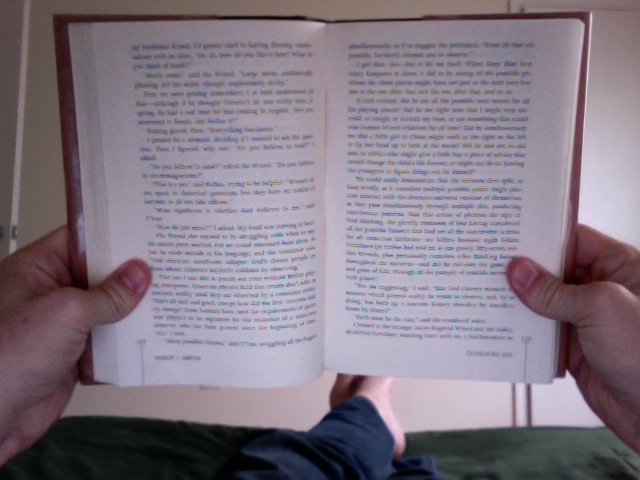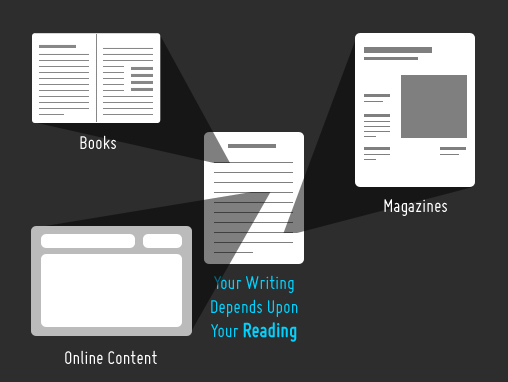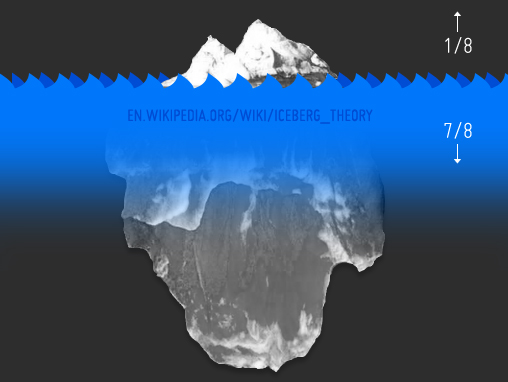I arrived to the office the other day—at around 7:30, my usual time—and found our fancy coffee maker already prepped and waiting for me. All I had to do was push the “start” button, which put in motion a series of sonic and olfactory events that set the mood for what is eventually a fantastic cup of coffee. The quick click as the channel between the bean container opened, allowing 10 cups worth to flow into the grinder, the revving of the motor, the 30 second grind, then a second click before the soft purr began. Yes, our coffee maker purrs. No one knows why. But you see, normally this process is preceded by about 5-7 minutes of breaking down the machine from the day before, rinsing it out, piece by piece, and refilling the water tank. But a kindly colleague, knowing this to be my daily routine, set it all up the night before and gave me the gift of just receiving the coffee that morning. A very simple thing, but it’s the simple things that delight. (That’s exactly what I said to Katie Jamison, my coffee benefactor that morning, via Twitter.)

Simple things delight.
I believe that. One of the simpler delights I know, besides being saved a few minutes of labor first thing in the morning, is reading. My love of reading began as the way in which my insatiable curiosity and hunger for knowledge was satisfied—through the written word. I had to read to learn. That was before the web, before podcasts, before YouTube. But over time, I’ve come to love reading for reading’s sake. For the sake of enjoying the craft of how others express ideas through words.

It’s a good thing I enjoy it. Because reading is the first of what I call the non-written disciplines of writing. There is no writing without reading. Or, maybe better said, there is no good writing without reading. If you want to write, or need to write (and the two don’t have to be in agreement), you’ve got to read. Now, if you’re thinking to yourself, “I don’t like to read,” I’m going to promise you right now that’s not true; you just haven’t yet found what you like to read. So that’s job #1: figure out what you like. Find books, magazines, blogs, or other written sources that cover the topics you’re interested in, even if those are not the topics you need to write about. The discipline of reading is purely about exposure to ideas and the craft of writing. You could be a great sports writer and only read poetry.

Now, about ideas. You probably don’t have any new ones. Neither do I. Maybe you’ve heard the saying, attributed to Solomon, “There is nothing new under the sun.” Reading is about exposing yourself to ideas that are new to you so that the ideas you have, which need not be novel to merit you writing about them, can be enriched by the insights of others. Reading will teach you how to reveal ideas through the written word, and how there is an art to that. Good writers exercise restraint with their knowledge, using the majority of it as an unwritten foundation for what they actually put to words—the tip of the iceberg.
Finally, about words. There is a right word for everything, and it’s probably not one you just learned. Some of the great writers in history had incredible, expansive vocabularies, but the scope of their lexicon was often in proportion with their output, such that when that one fancy word was used, it was right for the phrase, for the sentence, for the work at large. This is an area where I struggle: finding the best, most simple way to express an idea. Without that extra editorial attention, I will tend toward long, ornate sentences that are overloaded far beyond capacity with ideas. See, like that one. You get the idea.
Put simply, if you are going use words, you need to experience how others use words. I wish I could offer a simple ratio, something like “for every page you write, you should read five,” but I’m sure that whatever I came up with would be a gross underestimation. So try this: make reading part of your lifestyle. Work at it until it becomes natural. It will probably take a lot of reading, and that should at least get you part of the way there. Then read some more.
If you’d like to hear more about writing, check out my slideshare presentation (with audio) on professional writing for the unprofessional writer.



